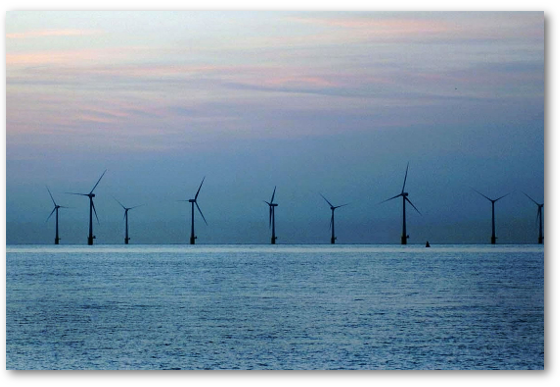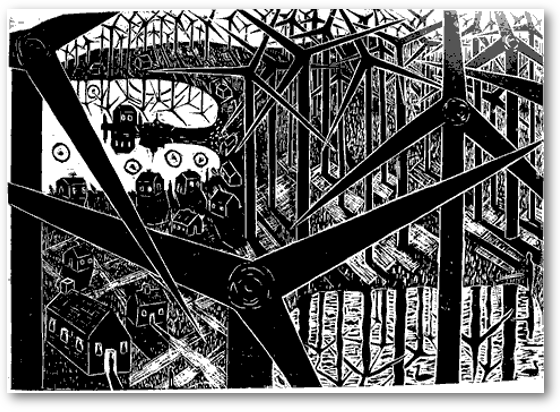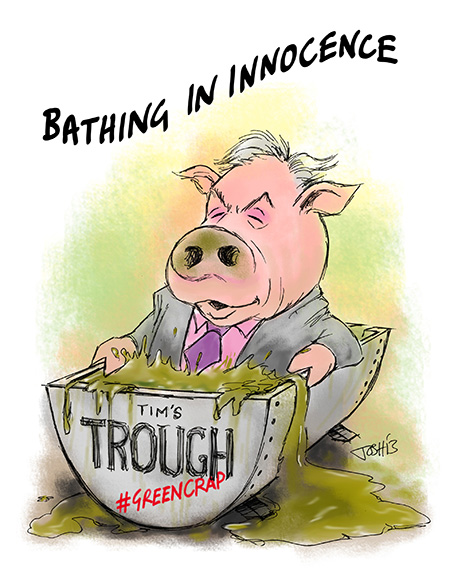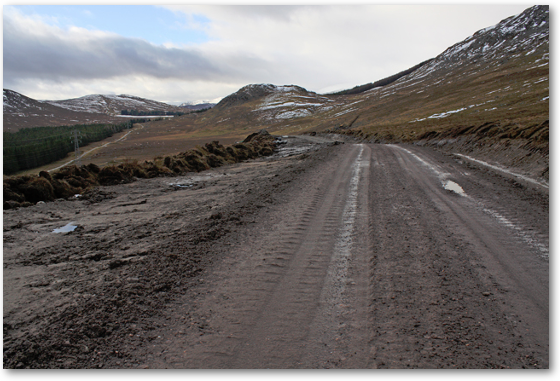 Bishop Hill
Bishop Hill A right royal showdown
 Nov 28, 2013
Nov 28, 2013  GWPF
GWPF  Royal Society
Royal Society  The long-awaited meeting between representatives of GWPF and the Royal Society has at last taken place. Nigel Lawson has a brief report on the meeting at the Spectator, revealing little about the content, except for the fact that he is prevented from telling more by a demand for secrecy imposed by the Royal Society fellows themselves.
The long-awaited meeting between representatives of GWPF and the Royal Society has at last taken place. Nigel Lawson has a brief report on the meeting at the Spectator, revealing little about the content, except for the fact that he is prevented from telling more by a demand for secrecy imposed by the Royal Society fellows themselves.
This is, to say the least, monumentally pathetic of them. Lawson sounds as though he found the experience slightly frustrating:
But what did emerge was that, if anyone needed educating, it was them. Despite the fact that they were headed by Professor Sir Brian Hoskins, the Director of the Grantham Institute, which has pronounced views on climate policy, and a member of the Climate Change Committee, which is concerned with the implementation of the Climate Change Act, they were very reluctant to engage on the crucial issue of climate change policy at all.
I have heard a few other details on the grapevine and I gather that the Royal Society fellows are more inclined to believe computer models than empirical data. So I wonder if some revision on that whole "scientific method" thingy might be in order too.















